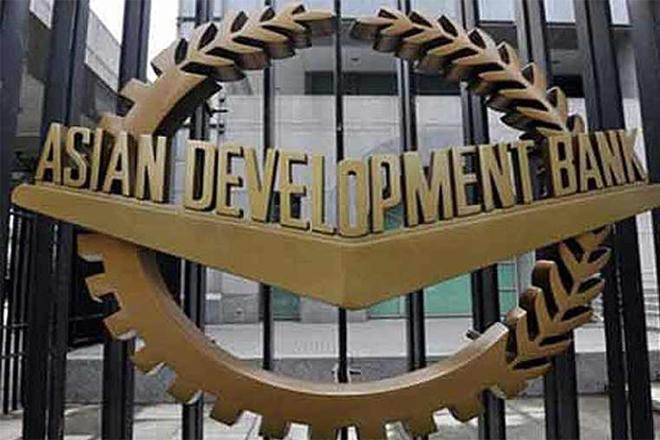The Asian Development Bank (ADB) has approved a loan of as much as $1 billion to support the deployment of electric bus fleets for public transport in a first such Philippine project to cut emissions.
With the loan, ADB will help establish a city-wide public transport project in Davao City in southern Philippines—the first such project in the country to establish a modern, safe, and efficient bus transport system which will significantly reduce greenhouse gas (GHG) emissions.
The project, Davao Public Transport Modernization Project, is ADB’s largest road-based public transport project in the ASEAN member state and is expected to serve as a pilot for overhauling the country’s public road transport system, the bank said.
The project and the ADB loan will support the procurement of a modern fleet comprised of around 1,100 electric and Euro 5-standard diesel-fueled buses with operations managed by the private sector under performance-based contracts. The new fleet is expected to reduce 60 percent of annual greenhouse gas emissions from public transport in Davao City, the third-largest city in the Philippines by population.
The project is expected to service about 800,000 passengers per day. It will also upgrade Davao City’s public transport experience via an intelligent transport system that includes a bus location system, automatic fare collection systems, and Wi-Fi connectivity in buses, terminals, and depots.
“The project is set to transform the quality of Davao City’s public transport and support the city’s rapid economic growth with a low-carbon and climate-resilient bus system,” said ADB Senior Transport Specialist for Southeast Asia Shuji Kimura. “Not only will this support the Philippines’ climate goals, but it will help to improve the lives of vulnerable populations especially women and the young who use public transport daily.”

